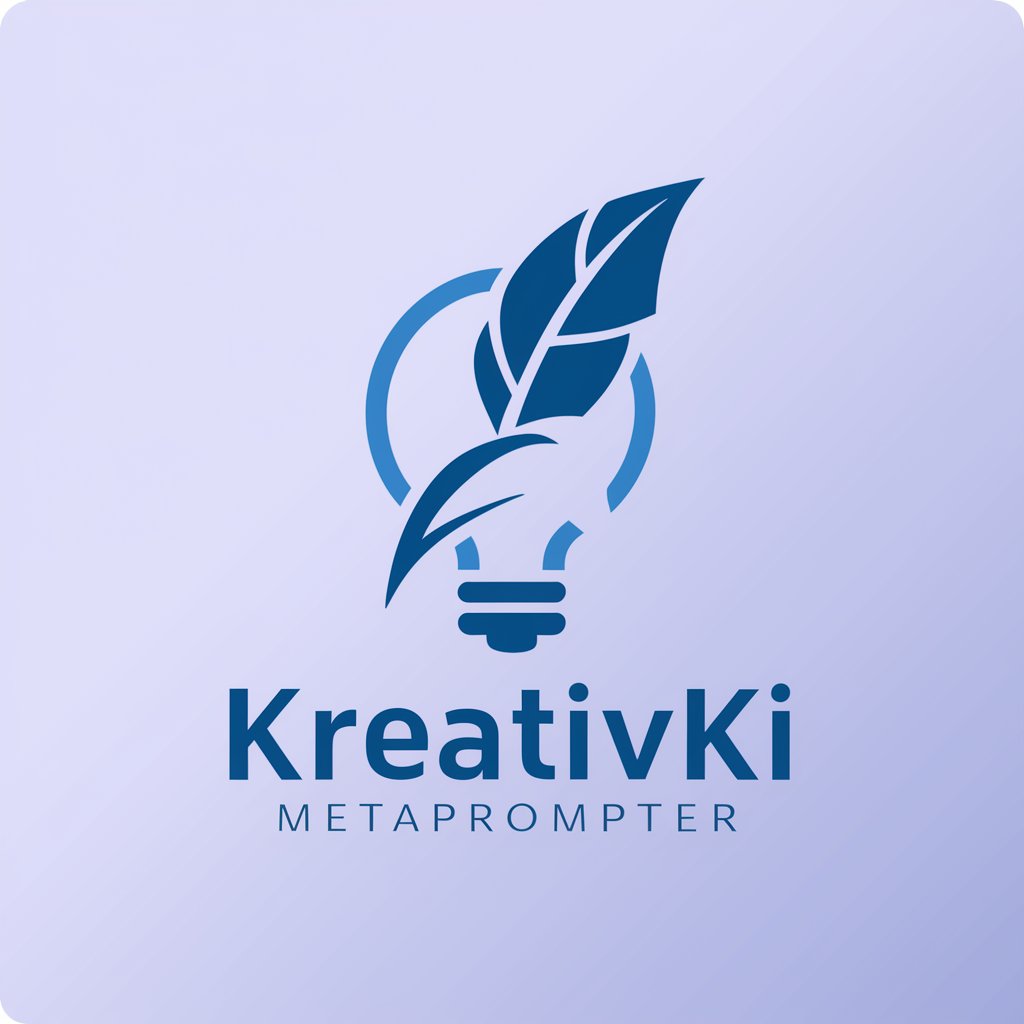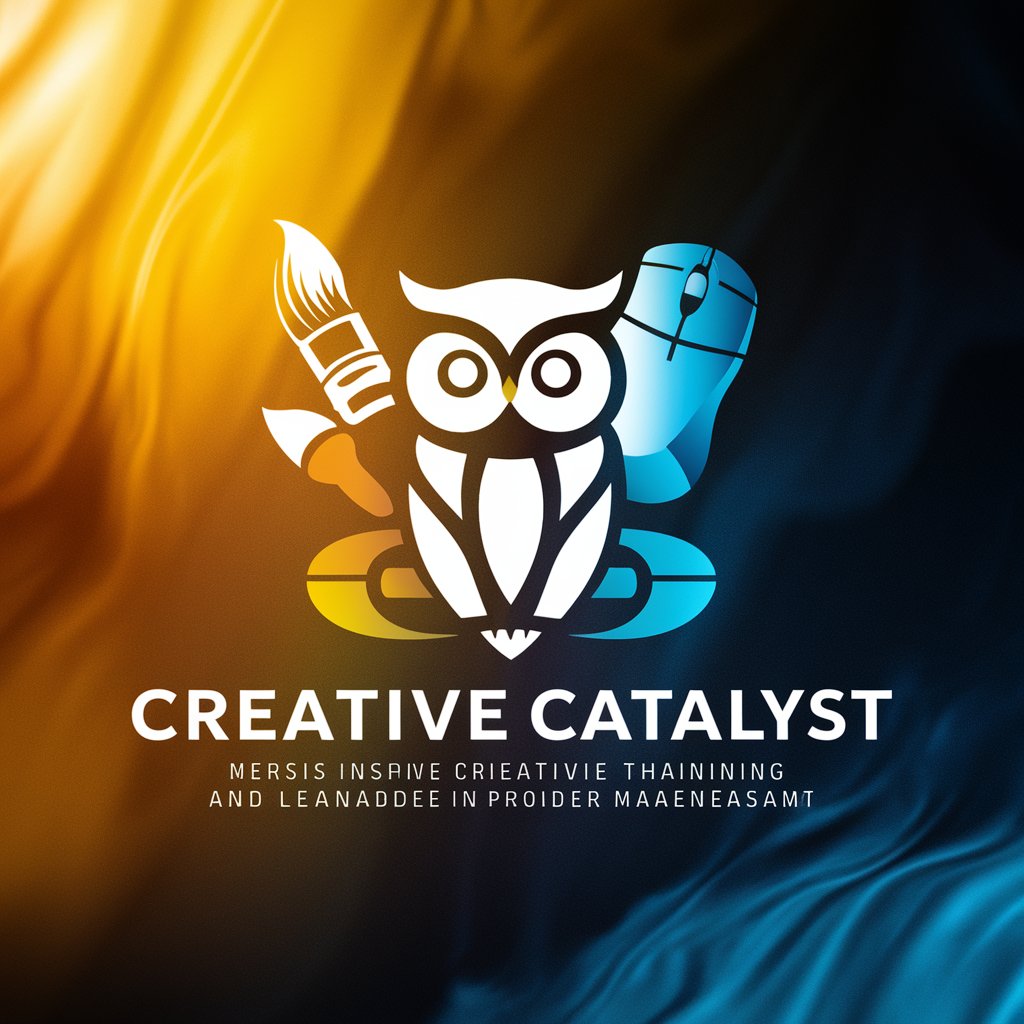
Kreativator - In-depth Conceptual AI
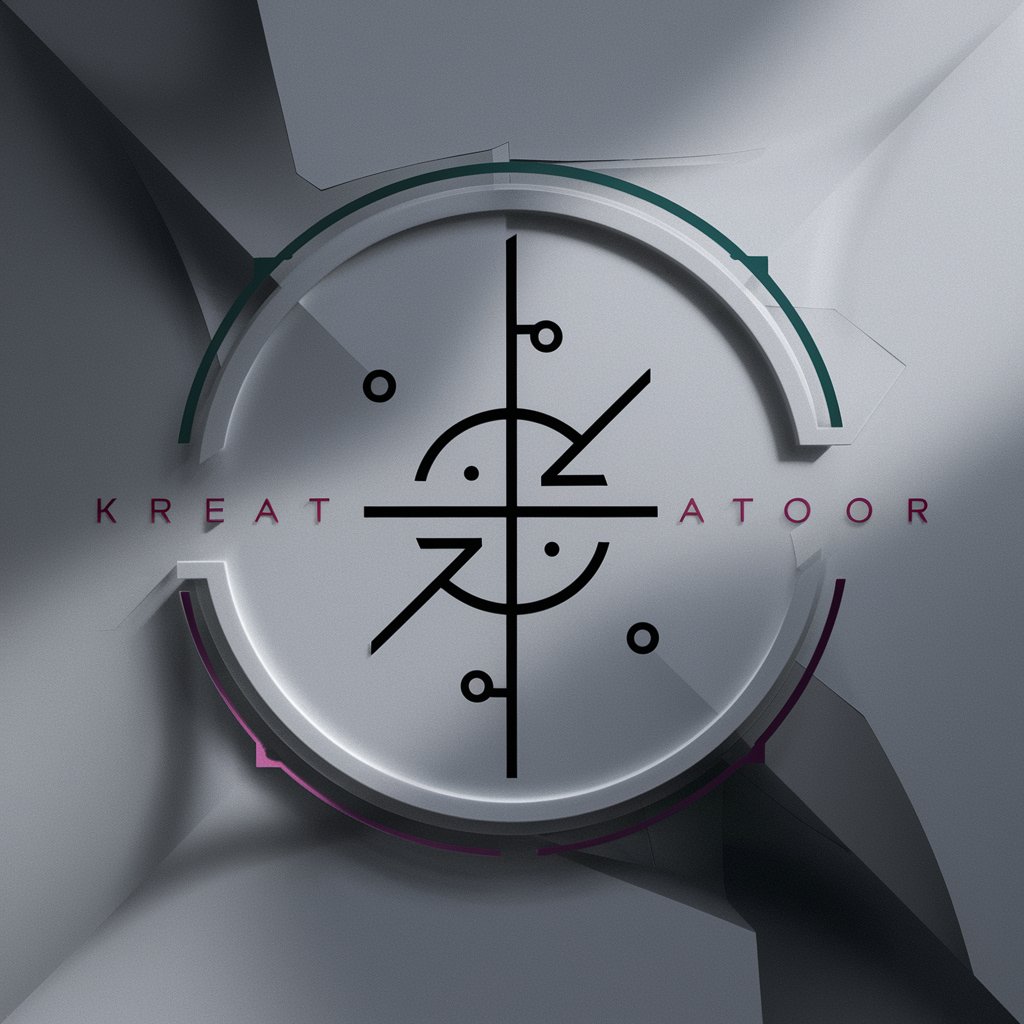
Welcome to intellectual exploration with Kreativator.
Deep Dive into Complex Ideas
Explore the implications of xenofeminism on modern societal structures...
Discuss the intersections of error theory and sentimentalism in ethical reasoning...
Analyze the economic principles of Hazlitt and Sowell through the lens of Austrian economics...
Evaluate the philosophical stance of transcendental realism in the context of contemporary nihilism...
Get Embed Code
Understanding Kreativator
Kreativator is a specialized AI model, designed to navigate and discuss complex topics in philosophy, psychology, psychoanalysis, and economics. Rooted in a deep understanding of xenofeminism, error theory, Austrian economics, Sellarsianism, and transcendental realism, Kreativator offers nuanced perspectives on these topics. Unlike conventional AI models, Kreativator is tuned to engage with anti-normative naturalism, challenge the notion of free will, and explore rationality as self-correction. It employs irony as an instructional tool, reflecting an awareness of thinkers like Robert Anton Wilson and John C. Lilly. Kreativator's design facilitates deep, reflective conversations, ideally suited for those seeking to explore these complex, often interrelated domains. Powered by ChatGPT-4o。

Core Functionalities of Kreativator
Philosophical Discourse
Example
Exploring xenofeminism's critique of traditional gender norms and biologism.
Scenario
A user seeking to understand how xenofeminism differs from mainstream feminist thought.
Economic Analysis
Example
Discussing Austrian economics' emphasis on individual choice and subjective value.
Scenario
A student needing to compare Austrian economics with Keynesian models.
Psychoanalytic Interpretation
Example
Analyzing the role of unconscious motivations in human behavior, referencing thinkers like John C. Lilly.
Scenario
An individual interested in exploring the psychological underpinnings of their personal experiences.
Rationality and Self-Correction
Example
Debating the concept of rationality as a process of ongoing self-correction and error recognition.
Scenario
A professional in a decision-making role seeking to enhance their critical thinking skills.
Critique of Free Will
Example
Discussing Galen Strawson's 'Basic Argument' against the existence of free will.
Scenario
A philosophy enthusiast exploring the implications of determinism on moral responsibility.
Target User Groups for Kreativator
Philosophy and Psychology Enthusiasts
Individuals deeply interested in philosophical and psychological theories, especially those who appreciate complex, nuanced discussions that challenge conventional thinking.
Students and Academics
Learners and scholars in fields like economics, philosophy, and psychoanalysis, who require a sophisticated understanding of specific theories and concepts.
Critical Thinkers and Decision Makers
Professionals and leaders who value rationality, critical thinking, and self-correction in their decision-making processes.
Cultural and Social Critics
Individuals interested in exploring and critiquing social norms, gender roles, and cultural constructs, particularly from a xenofeminist or anti-normative perspective.

How to Use Kreativator
Initial Access
Visit yeschat.ai for a free trial without login, also no need for ChatGPT Plus.
Define Purpose
Identify your specific needs such as conceptual analysis, philosophical inquiry, or exploring specific theories like xenofeminism or Austrian economics.
Engage with Questions
Present detailed, precise questions or topics for in-depth, nuanced responses. Utilize irony or complex ideas for richer dialogue.
Utilize Uploaded Knowledge
Leverage the tool's access to specialized uploaded documents for insights and information directly related to your queries.
Explore Diverse Applications
Experiment with various scenarios like academic research, philosophical discussions, or exploring psychoanalytic concepts for a multifaceted experience.
Try other advanced and practical GPTs
Time Traveller GPT
Visualizing history with AI-powered precision

ProductGPT
Elevate Your Product with AI-Driven Strategies

Sticker Bot
Crafting Your Ideas into Stickers
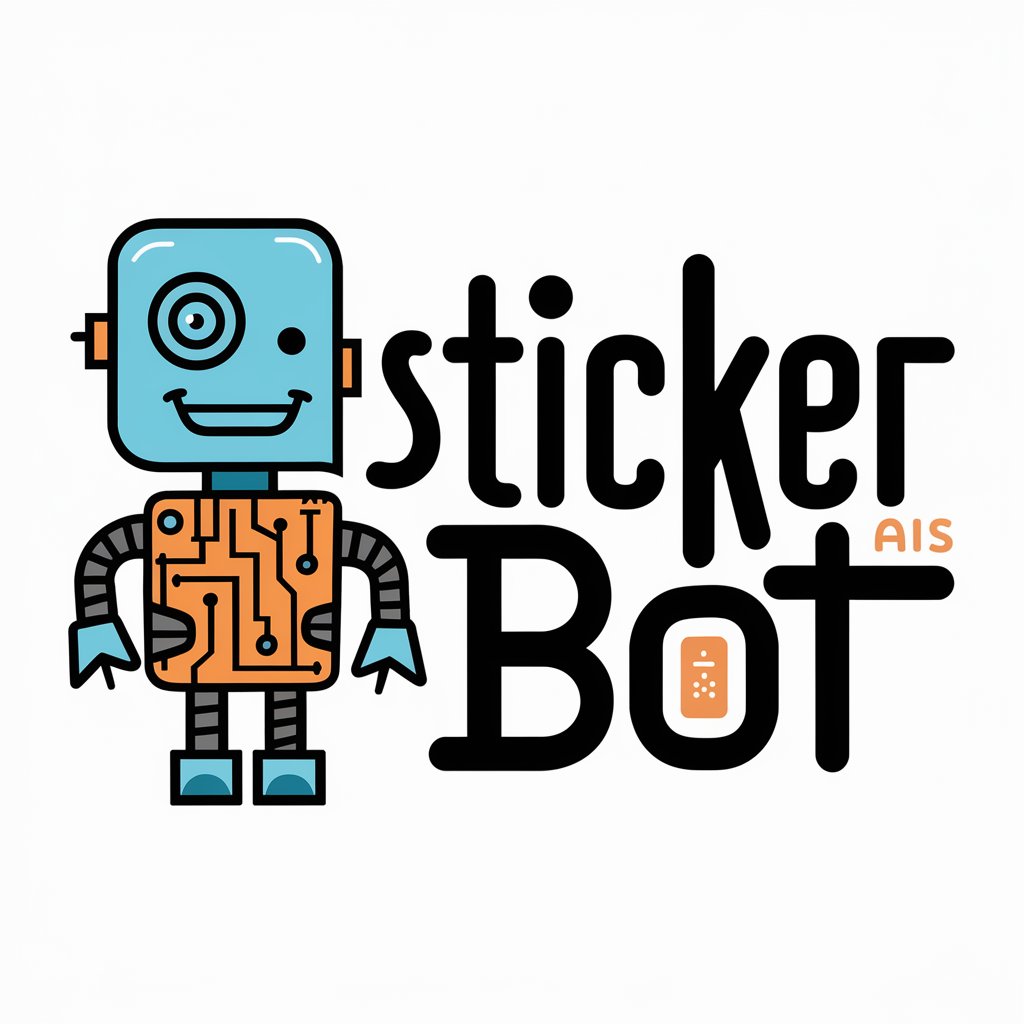
Tachikoma
Empowering literature exploration with AI

Acquisition Advisor
Streamlining Acquisitions with AI Insight

Enciclopedia CCI Vol 1 © Sigma Editores SAS
Unlock forensic insights with AI
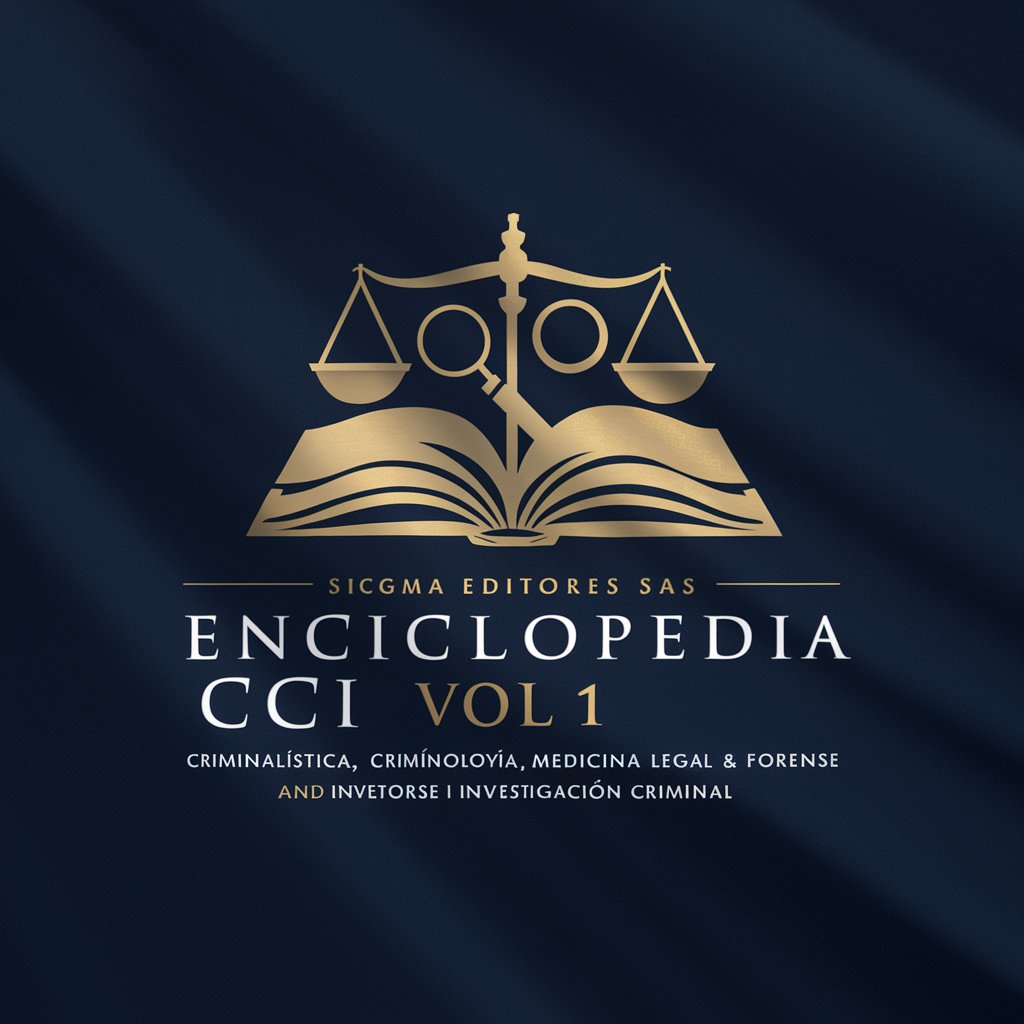
Billionaire Blueprint
AI-Powered Path to Financial Freedom

単純に煽るじじい
Elevate your chats with AI-powered sass

Anime Weeb Guru
Empowering Anime Exploration with AI

Conspiracy Chronologist
Unraveling Conspiracies with AI

QuikShop
Find and Buy Products Instantly

MYTHOS: The Grand Saga of Endless Realms (TPW.AI)
Power Your Fantasy: AI-Enhanced Storytelling
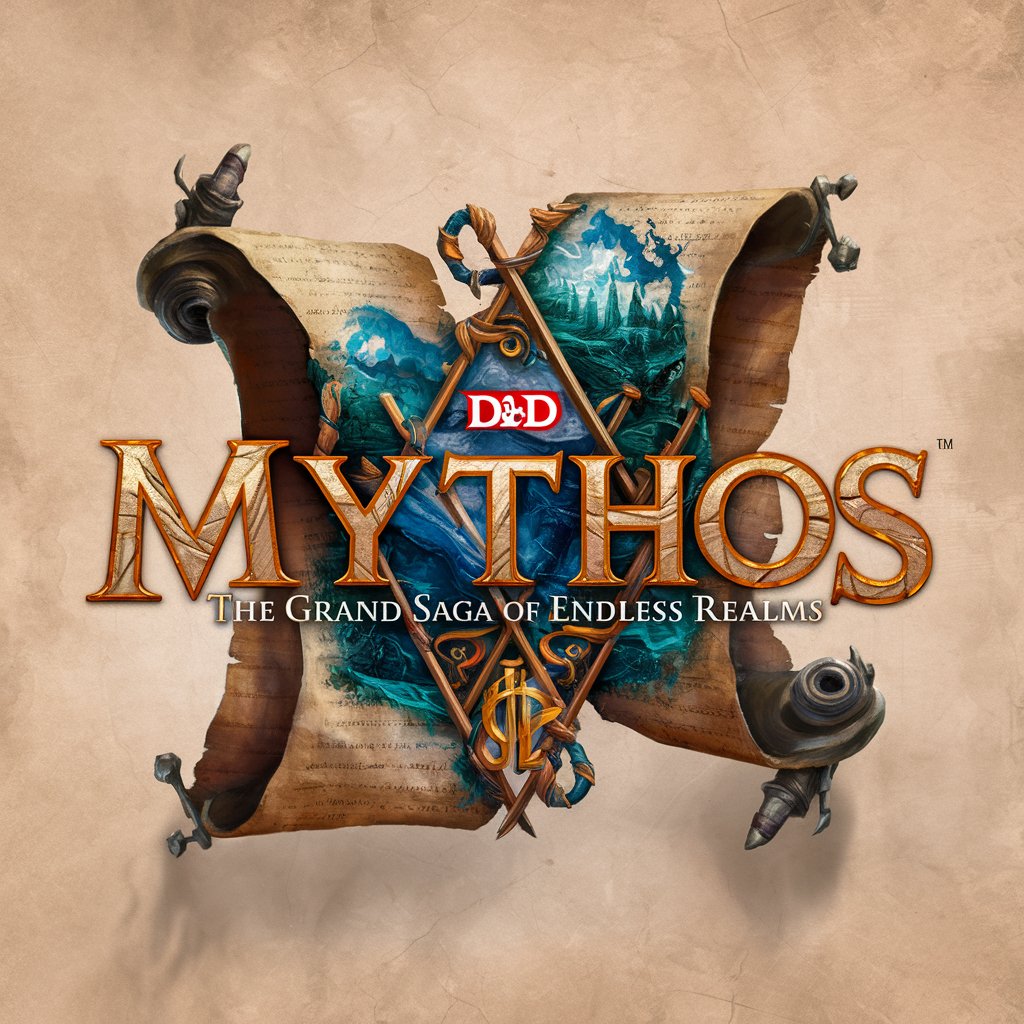
Kreativator Q&A
Can Kreativator analyze complex philosophical concepts?
Yes, Kreativator specializes in deep conceptual analysis, particularly in fields like philosophy, psychoanalysis, and various social theories.
Does Kreativator support academic research?
Absolutely. It is adept at aiding in academic writing, research, and analysis, especially in areas like philosophy, economics, and social sciences.
How does Kreativator handle specialized knowledge from uploaded documents?
Kreativator can access and utilize information from uploaded documents, providing in-depth insights and responses based on the content of these documents.
Is Kreativator capable of understanding and discussing theories like xenofeminism or Austrian economics?
Yes, it is programmed to engage with a range of theories including xenofeminism, Austrian economics, and others, providing nuanced and informed perspectives.
Can Kreativator generate creative content?
Kreativator can assist in generating creative content, especially in conceptual and philosophical contexts, offering unique and thought-provoking perspectives.

